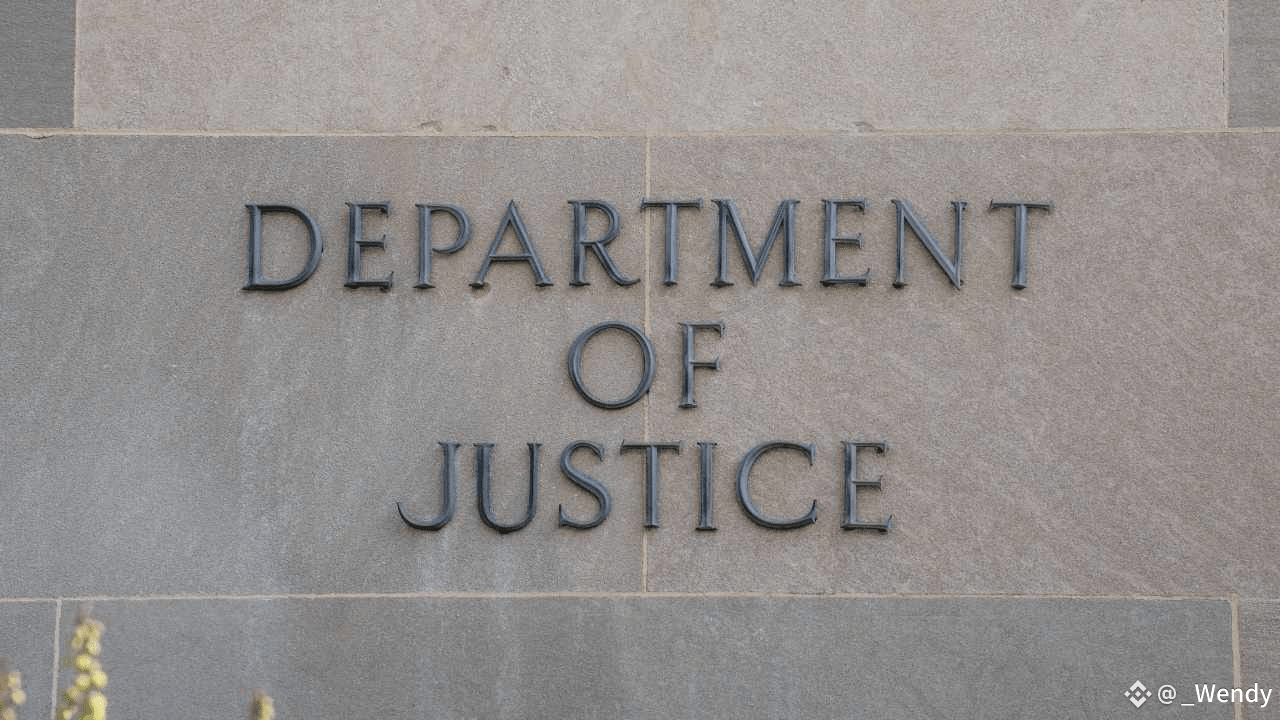U.S. authorities aim to forfeit over $2.4 million in bitcoin linked to a major ransomware syndicate, targeting illicit crypto proceeds through aggressive civil enforcement action.

DOJ Pursues Bitcoin Linked to Ransomware Ring in Civil Filing Worth $2.4M
The U.S. Department of Justice (DOJ) announced on July 28 that it has filed a civil forfeiture complaint in the Northern District of Texas seeking control of crypto assets confiscated by federal agents earlier this year. On April 15, 2025, the FBI’s Dallas Field Office seized 20.2891382 BTC from a specified cryptocurrency address. The digital currency, initially valued at over $1.7 million at the time of seizure, is now worth approximately $2.39 million, based on the current market price. Federal authorities contend the funds are linked to criminal operations involving ransomware attacks and illicit financial activity.
The complaint, filed under Case No. 3:25-CV-01920-K, alleges that the cryptocurrency was traced to a wallet controlled by an individual operating under the name “Hors,” believed to be affiliated with the Chaos ransomware group. That group has been connected to cyberattacks targeting victims in Texas and beyond. The DOJ argues the digital currency represents either proceeds from criminal conduct or assets used to further that activity. The department stated:
The seized cryptocurrency, now valued at over $2.4 million, allegedly constitutes property involved in unlawful activity, or proceeds of or property derived from unlawful activity, including money laundering and extortion related to damage to a protected computer, commonly referred to as a ransomware attack.
Nancy E. Larson, acting U.S. attorney for the Northern District of Texas, confirmed the filing and highlighted the department’s strategy of using civil forfeiture to dismantle the financial infrastructure of cybercriminals. The FBI’s Dallas team conducted the seizure following blockchain tracing efforts. While critics of digital currencies often cite their role in illicit finance, many proponents emphasize that cryptocurrencies also enable legitimate use cases such as cross-border payments, individual sovereignty over finances and increased access to digital economic systems.



